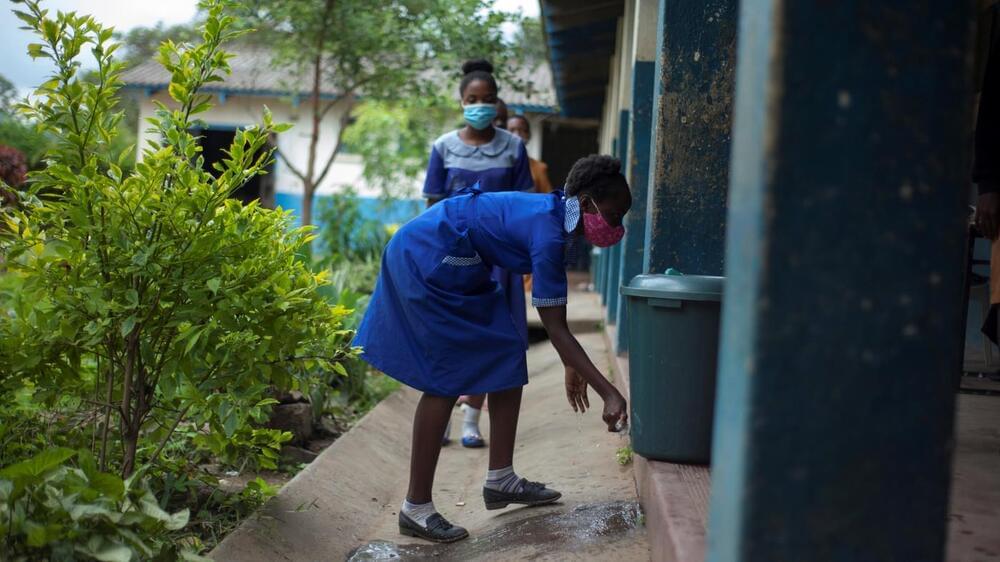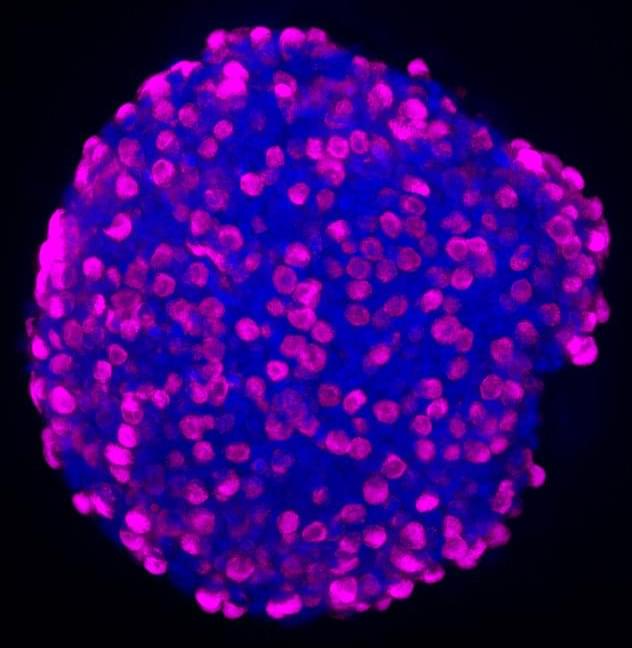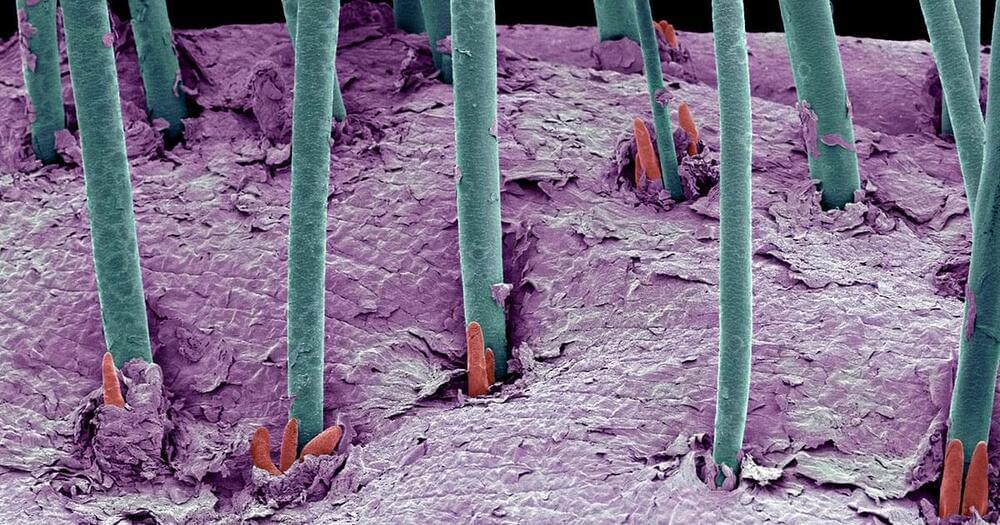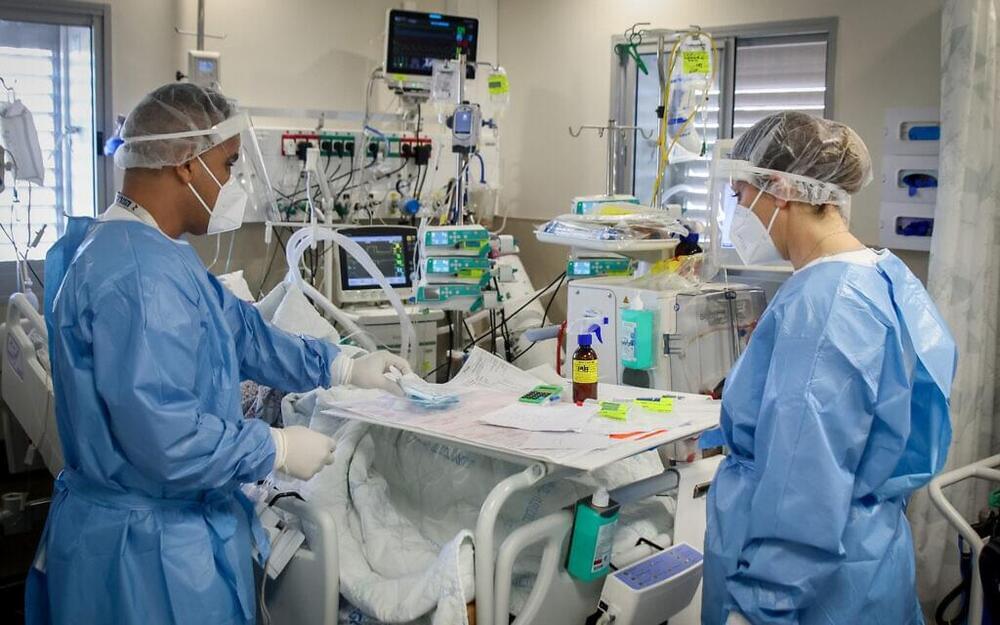Ground squirrels spend the end of summer gorging on food, preparing for hibernation. They need to store a lot of energy as fat, which becomes their primary fuel source underground in their hibernation burrows all winter long.
While hibernating, ground squirrels enter a state called torpor. Their metabolism drops to as low as just 1 percent of summer levels and their body temperature can plummet to close to freezing. Torpor greatly reduces how much energy the animal needs to stay alive until springtime.
That long fast comes with a downside: no new input of protein, which is crucial to maintain the body’s tissues and organs. This is a particular problem for muscles.






